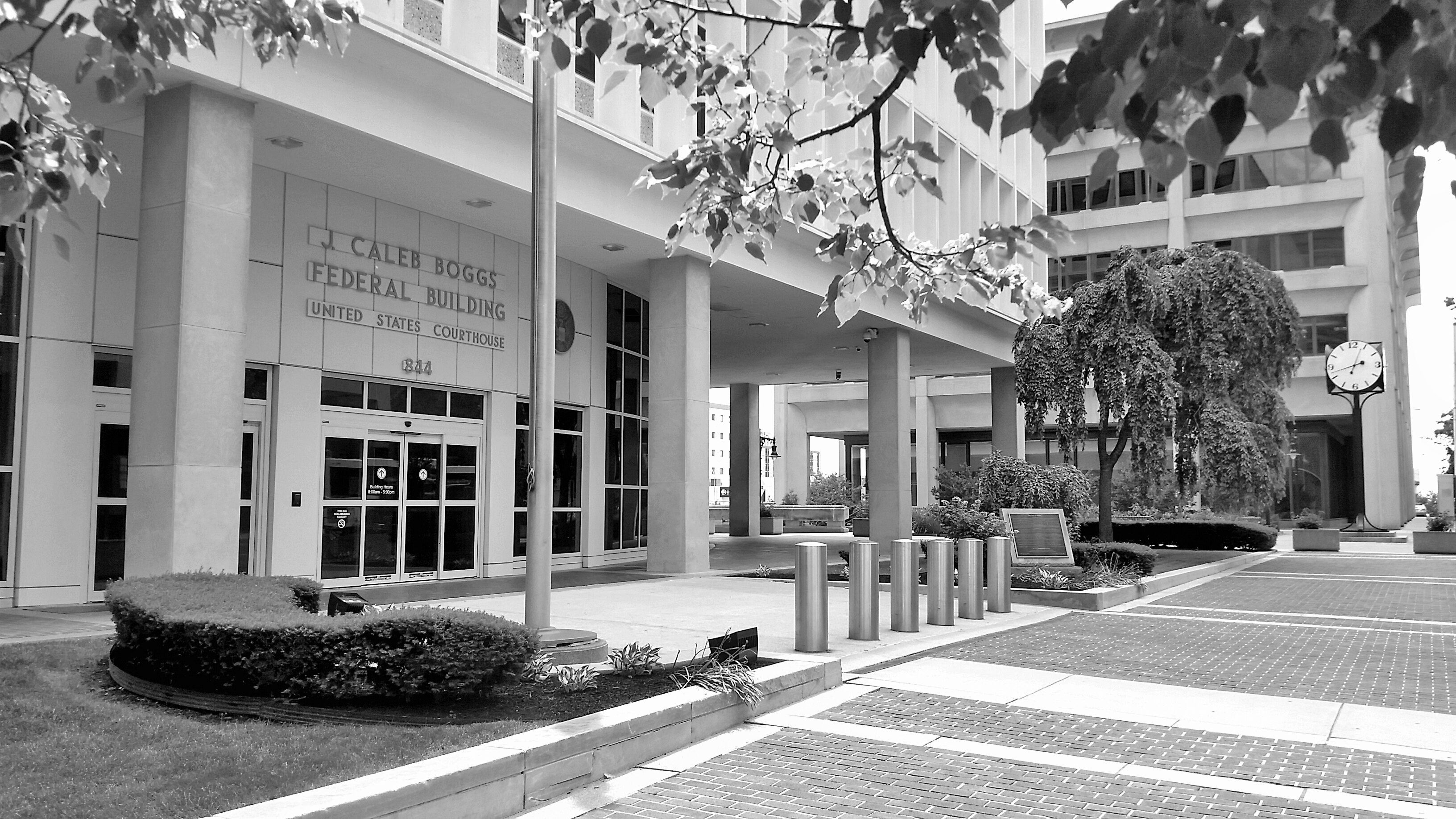Photo Credit: Dan Cole
In TC Heartland LLC v. Kraft Foods Group Brands LLC, the United States Supreme Court recently reversed almost three decades of Federal Circuit precedent in holding that, for purposes of the patent venue statute (28 U.S.C. § 1400(b)), domestic corporate defendants reside only in their state of incorporation. This 8-0 decision will impact patent jurisprudence, moving cases from the hotbed of the Eastern District of Texas to, most prominently, the District of Delaware, where most corporate defendants are incorporated, and so reside.
History of Patent Venue Statutes
Congress first enacted a patent-specific venue statute in 1897. That statute, the predecessor to what is now § 1400(b), provided for venue in any district where the defendant was an “inhabitant,” and later, where it “resides.” For a corporation, that meant the State of incorporation. When Congress amended the general civil venue statute, 28 U.S.C. § 1391(c), in 1988, it expanded venue to any district where a corporation was subject to personal jurisdiction “[f]or purposes of venue under this chapter.” In VE Holding Corp. v. Johnson Gas Appliance Co., the Federal Circuit held that Congress intended the “under this chapter” language to control the meaning of “resides” for purposes of determining venue in patent cases under § 1400(b).
VE Holding greatly expanded where defendants could be sued for patent infringement beyond their State of incorporation. Patent plaintiffs shopped for favorable forums, and increasingly found one that suited their interests: the Eastern District of Texas. The Eastern District of Texas became a hot spot for patent litigation. In 2015, over 40% of all patent cases filed nationwide were filed there. Many have analyzed why the Eastern District of Texas attracted patent suits, but regardless of why, VE Holding was responsible for providing plaintiffs the choice to bring suit there.
TC Heartland
In its unanimous opinion, the Supreme Court noted its previous rulings that § 1400(b) “is the sole and exclusive provision controlling venue in patent infringement actions,” and that it “is not to be supplemented by the provisions” of § 1391. Because Section 1400(b) had not changed since those pre-VE Holding decisions, the only question was whether subsequent amendments to § 1391(c) changed the meaning of § 1400(b). The Court held they did not. In fact, the § 1391(c) amendments only placed the Court’s previous decisions on “firmer footing.” As a result, the Supreme Court reiterated that § 1400(b) should be interpreted separately from § 1391(c), and that corporations reside only in their State of incorporation for purposes of patent cases.
Where are corporations incorporated? Delaware.
The result of the Supreme Court’s decision is that more patent cases will be brought against defendants in their state of incorporation. This is a significant change, as in recent years, under VE Holding, most patent cases were filed in places like the Eastern District of Texas where defendants were neither incorporated nor headquartered.
Because approximately 65% of publicly-traded companies in the United States are incorporated in Delaware, TC Heartland means a greater number of suits will be brought there. Patent cases are not foreign to the District of Delaware, whose judiciary is well-versed in patent law, as the District has in recent years been the second most common venue for patent suits. That was a distant second place though, as in some years three or four times as many patent suits were brought in the Eastern District of Texas as they were in Delaware. That will change after TC Heartland.
There are, however, a few uncertainties. First, § 1400(b) also provides a suit can be brought “where the defendant has committed acts of infringement and has a regular and established place of business.” Courts have not frequently interpreted this clause because venue was usually proper under VE Holding. That will now change, and will surely be the subject of motion practice. Second, because the Eastern District of Texas is viewed as plaintiff friendly, plaintiffs may not bring their weakest suits in other jurisdictions. A case that may have been worth a roll of the dice before a Texas jury, or have settlement value because of that prospect, may not be worth pursuing elsewhere. Third, Congress may still address the issue through legislation. Senator Orrin Hatch, the Chairman of the Senate Republican High-Tech Task Force, stated in February that “no matter what the Court does [in TC Heartland], we’re likely to need follow-on legislation to prevent future forum-shopping.” Regardless of how these variables shake out, more patent plaintiffs seeking venue over Delaware corporations are sure to sue in the District of Delaware.
The views expressed in this article are not necessarily those of Ross Aronstam or its clients.
Benjamin Schladweiler (LAW ‘04) is a partner at Ross Aronstam & Moritz where he specializes in complex civil litigation and intellectual property disputes, with a particular focus on patent litigation, in the United States District Court for the District of Delaware and in other federal and state courts around the country, including the Federal Circuit.
Nicholas Mozal (LAW ’11) is an associate at Ross Aronstam & Moritz where he specializes in representing clients in corporate and commercial litigation in the Delaware Court of Chancery and intellectual property litigation in the United States District Court for the District of Delaware.
